Late night hours from the Kansas legislature has left us with new tax law in the state. Senate Bill 30 was passed on June 5, 2017 and was vetoed by Governor Brownback the morning of June 6, 2017. The Legislature overrode the Governor’s veto on the evening of June 6th with a vote of 27-13 in the Senate and 88-31 in the House. Several provisions are effective January 1, 2017. A summary of the bill is below:
Non-Wage Business Income
· 100% repeal of the non-wage business income tax exemption, effective January 1, 2017
· Reinstatement of the federal loss carryover
Individual Income Tax Rates for 2017
· The current two-bracket system will be replaced with a three-bracket system of 2.9%, 4.9% and 5.2% beginning tax year 2017
Individual Income Tax Rates for 2018
· Low income exclusion threshold is reduced to $5,000 for married filers and $2,500 for single filers
· Three-bracket income tax system continues with rates increasing to 3.1%, 5.25% and 5.7%
Itemized Deductions and Credits and Other Provisions
· 50% of federally deductible medical expenses, mortgage interest and property taxes paid in 2018; increased to 75% in 2019 and 100% in 2020 and thereafter.
· Dependent care tax credit will be set at 12.5%of allowable federal amount in 2018, 18.75% in 2019 and 25% in 2020
· Subtraction modification provision relating to net gains from certain livestock and Christmas tree sales is repealed in 2017
Check back later for in depth information.


